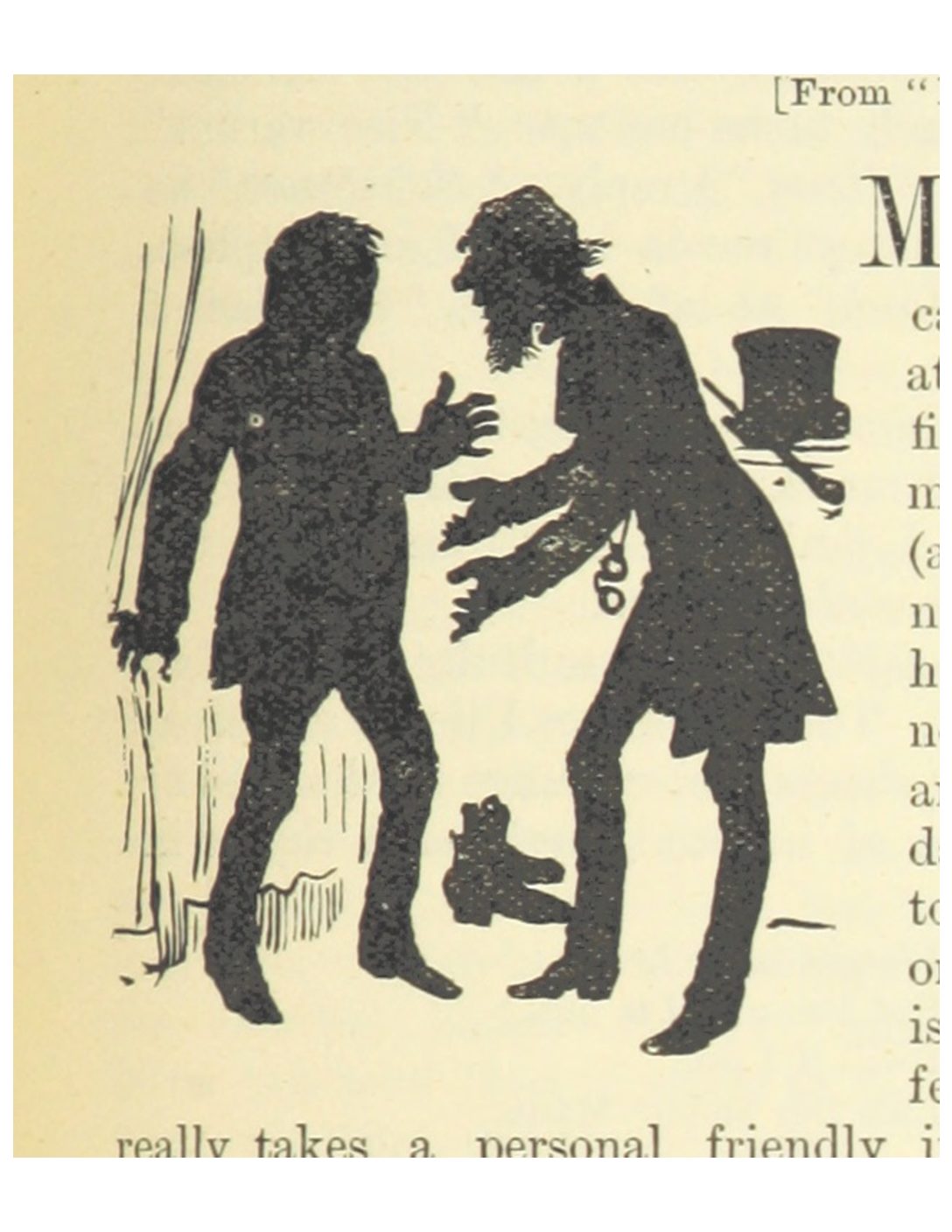Feedback is the product you want your editor to deliver, but what do you do when you don’t agree with it?

As I mentioned in a previous post, I see writers and editors in private social media groups taking out their frustrations on one another. If you are venting online, you and your editor are not communicating well. That’s not productive for either of you, let alone your creative content.
Editors have the unfair advantage of emotional distance and, in good hands, that objectivity is a treasure. Yet, you want them to treat you fairly. How do you build trust when you’re hopping mad?
If you get irritated with your editor – and I hope you never do – be honest in a way that preserves the relationship so you both can get quickly back to work with more clarity and perspective.
Internal Trepidation
After years of editing content, I have decided to address my authors by name in my margin notes. We are a team after all, and when I see signs of internal trepidation in their writing, sensing an ally is near helps every aspect of the writing process. Common issues among subject-matter experts?
- Having only enough time to spit out a first draft, leaving a piece without foundational support
- Overthinking a blog topic; writing so much that the message gets lost and the conclusion is unremarkable
- When pressured, not taking enough prewriting time to outline the article or structuring it
- Mangling language; not being able to see or hear problematic passages on their own
- Feeling unprepared to work in Microsoft Word or use review tools, such as Track Changes
Do you as a writer fall into any of these categories? If you do, ask your editor to give you more guidance in their margin notes. You need to see their reasoning so you can see and hear stronger, clearer writing and improve the next piece of writing yourself.
Breadcrumbs Help
Most editors don’t have time to explain the why’s and how’s of every edit, though I’m betting you’ve seen these or similar comments:
Vague Move section Provide support Expand
Meaning? Revise Repetitive Delete
If these cursory comments are all you get from your editor, no wonder you’re irked. An editorial comment like “vague” is vague. How is that supposed to help you improve a passage, improve as a writer? You need more guidance.
Compile a list of questions and ask your editor to explain the edits you don’t understand. When they respond, don’t defend. Consider what they have to say. Ask how the edit in question elevates your writing. For example, does it:
- improve the pace, flow, fluency, grammar, voice or style?
- keep the main message in focus?
- strengthen your conclusion?
- support a transition to a new idea?
- help readers visualize a detail?
- provide a better example or piece of evidence?
- emphasize a specific word or phrase?
- clarify a term or procedure?
Focus Your Direction
What do you do when your editor tells you an entire section falls flat? If they don’t explain why, ask. Then revise it if it’s worth saving.
Colleen, in order to support a bold statement that takes readers from an X perspective to Y perspective, I encourage you to first define the terminology you are using, so the reader can follow you. Here’s one definition…is this what you mean? Feel free to clarify. The article needs this foundational support to frame your perspective.
I even explained why I quoted a specific online dictionary, adding a hyperlink to the page. Luckily, most edits don’t need this much justification, but when an editor wants a major change, an explanation puts the writer at ease and helps them understand how to avoid repeating the same pitfall. This edit, as big as it was, strengthened Colleen’s opening paragraph, and yet I still asked for her input.
Her reply?
Karen, this is what I mean. I understand your point. The edit makes it clear, and it wasn’t before.
Jerry is a successful professional and an equally reluctant writer. He overcompensated by writing too much in his magazine article and getting off topic. He needed a serious revision to refocus back to his main message.
Jerry, the paragraph that follows this opening sentence needs to support your main idea. After the first sentence, please insert a brief explanatory paragraph — not about X, which is off-topic, but what it means to Y, which digs deeper into your main idea.
What did Jerry decide to do?
As I consider your comments, I’m questioning whether the paragraph adds any value. It is off topic. I vote to edit it out completely.
Word of the Day: Superfluous
As I detailed in my last blog post, wordiness is a killer. Sometimes what looks like a random editorial cut isn’t. Search and find where you may have repeated information before. Tightening a passage can bring your voice to life and improve the pace.
This edit (and others that follow) removes wordiness and gets to the point faster, supporting your direct tone and style.
Sometimes I can quickly replace a dull word or revise a mangled phrase, which often saves time for us both. However, I never assume I’m right. The extra communication may be time-consuming, but people appreciate being asked if a revision accurately captures what they meant to say in the first place. Here are some examples of a query to Rosendo:
Is this the message you want to convey? If it isn’t, be specific. What does “what exactly happened” mean and between whom?
His response was swift:
Karen, this is what I’m trying to say. I wouldn’t have come up with “communicate,” but I believe it is clear and improves the sentence.
When I take on a project, I want the content to matter and, even in some small way, make the world a better place. Having said that, I still cringe after I finish a first-pass review and press “send,” thinking about how the subject-matter expert might react once they open the doc and see endless rows of red edits. I know I’d be mortified, so I add a head’s up in my cover letter:
You will see a lot of red. Most edits are for clarity, and you’ll see some reorganization for stronger flow. I hope you agree that these edits strengthen the impact of your content.
Word of Caution
If your editor alters or asks you to alter a significant literary element – tone, for example – that’s a boundary they should discuss in advance with you and, if possible, directly, not in a margin note. You deserve to know why a change of that magnitude is warranted and how the change benefits you.
True, editorial feedback can be frustrating, but don’t let it crush your spirit. At the end of the day, red edits all the way down the page do not mean you are failing. They mean you are getting closer to the finish line.
Once you partner with a skilled editor and writing coach, your training and sensibilities as a writer will increase. Your inner ear will help you write more exactly. The recurrent pitfalls and mangled passages will fall away as will your consternation with your editor.
That’s usually how it goes. Hope that’s true for you.
